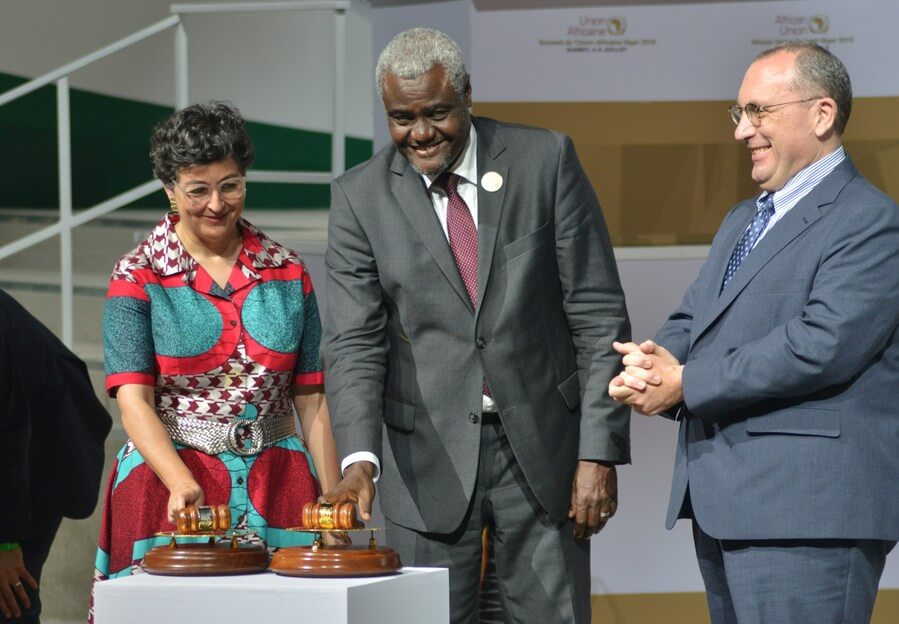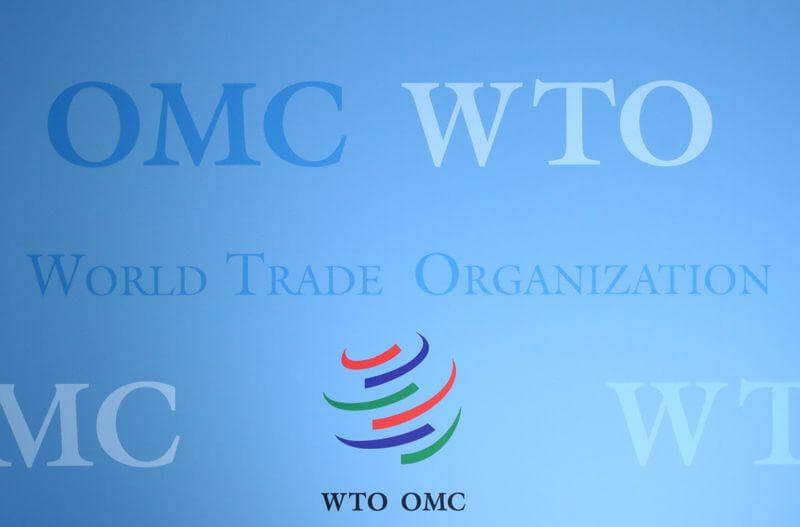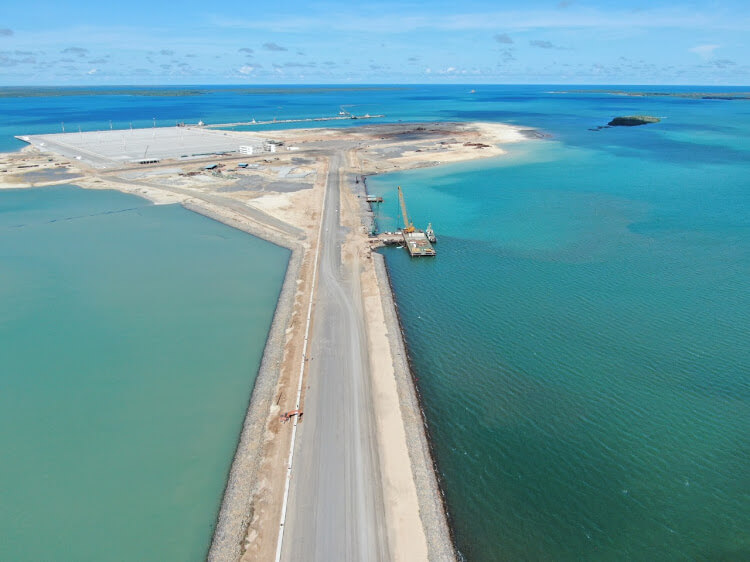The government is in the process of automating the Seed Certification and Plant Variety Protection System in the country. The existing manual registration and licensing processes have been associated with delays, documentation errors and inefficiencies including with security, scheduling and processing time thus government potentially wanting to harness technological solutions The seed certification process is a clear way of assuring seed quality hence ensuring that the farming community receives seeds that is viable resulting in value for money. Kenya Plant Health Inspectorate Service (KEPHIS) Ag. MD Simeon Kibet says Kenya has been operating on manual inspections since the inception of KEPHIS in 1997 but for the last two years started developing the system which is now at piloting stage. He explained that that the process has been automated in the developed world while in Africa, two countries namely South Africa and Zambia have automated their seed certification processes. “The Kenya Seed Company (KSC) in Kitale and Bubayi Limited are running the pilot programme with KSC specializing in all kinds of seed crops while Bubayi focuses on beans and the automation is based on lessons learned from the two African countries.”, he said Kibet noted that the process of seed certification is divided into three parts, variety description which results in development of the variety descriptors, Field inspections which ascertains the trueness to type of the crop variety and also Seed testing which assures the seed purity and germination which the seed must meet for it to be sold to farmers....
Automation For Seed Certification And Plant Variety Protection On Course
Posted on: July 28, 2020
Posted on: July 28, 2020























